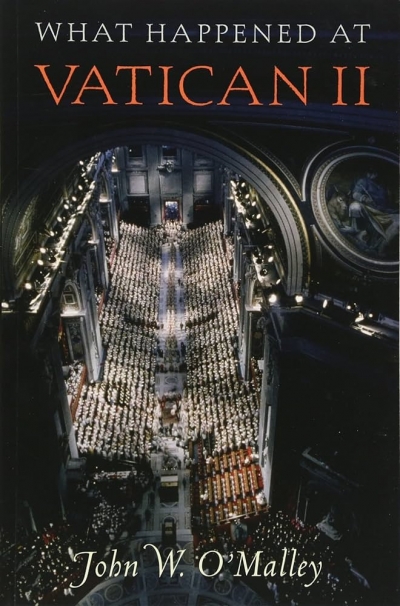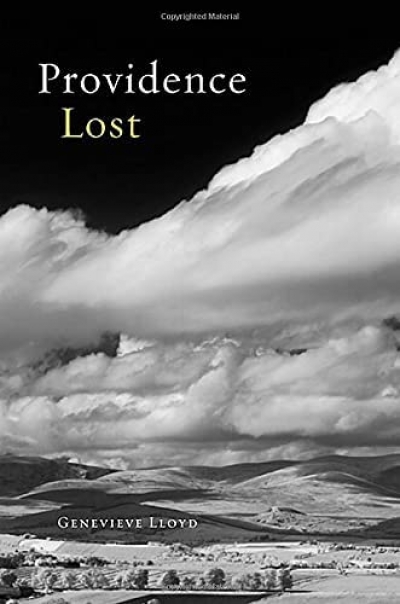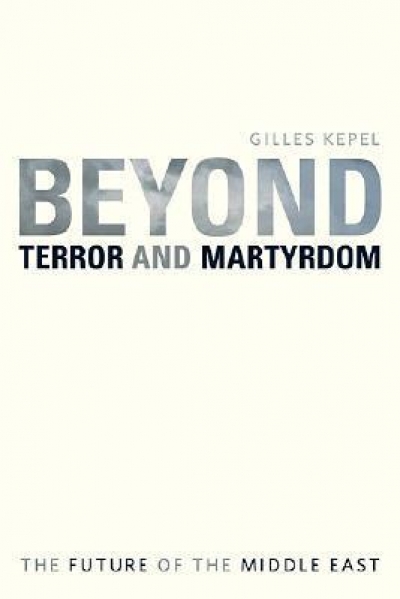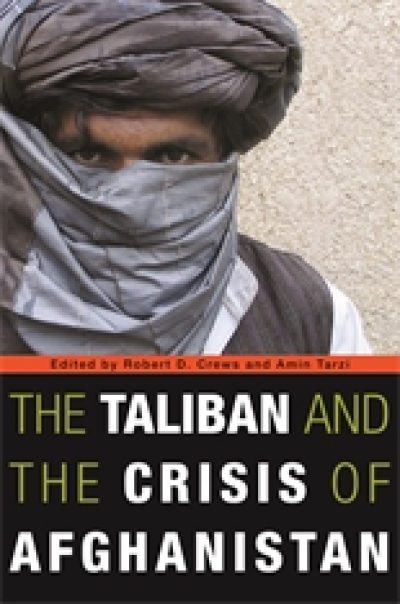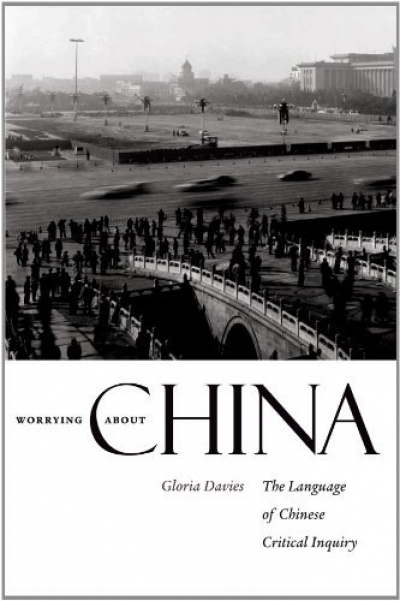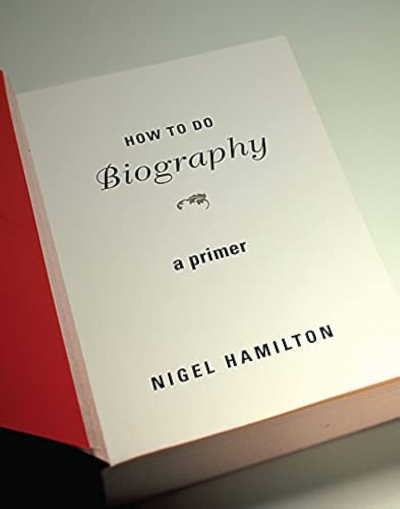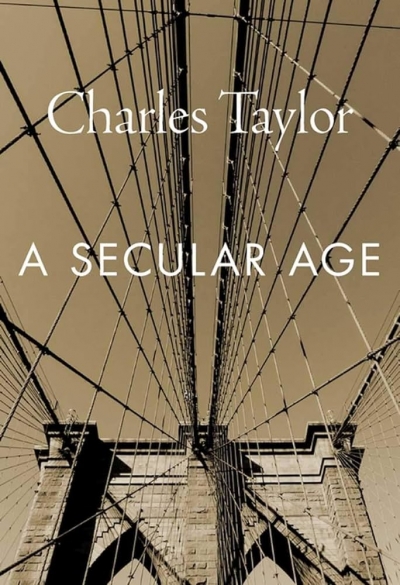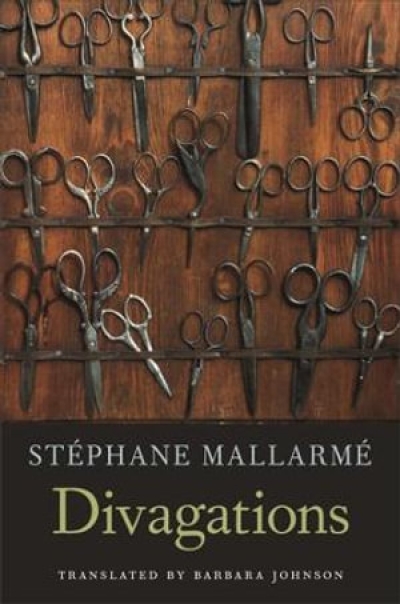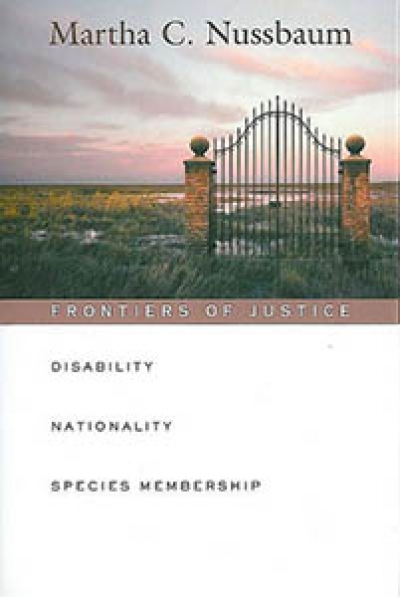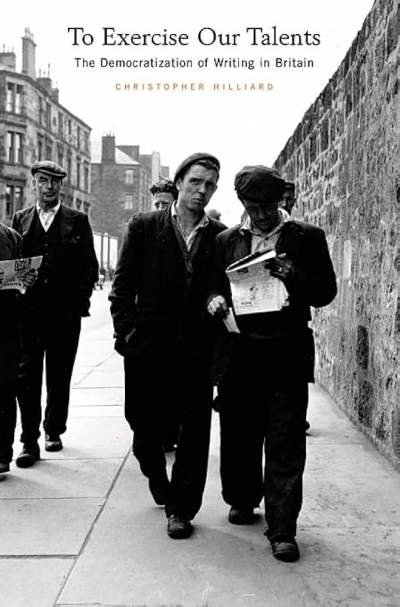Harvard University Press
What Happened at Vatican II by John W. O’Malley & Keepers of the Keys of Heaven by Roger Collins
by Paul Crittenden •
Beyond Terror and Martyrdom: The Future of the Middle East by Gilles Kepel
by Shahram Akbarzadeh •
The Taliban and the Crisis of Afghanistan by Robert D. Crews and Amin Tarzi (eds)
by Riaz Hassan •
Worrying About China: The language of Chinese critical inquiry by Gloria Davies
by Francesca Beddie •
Frontiers of Justice: Disability, nationality, species membership by Martha C. Nussbaum
by Tamas Pataki •
To Exercise Our Talents: The democratization of writing in Britain by Christopher Hilliard
by Stuart Macintyre •

